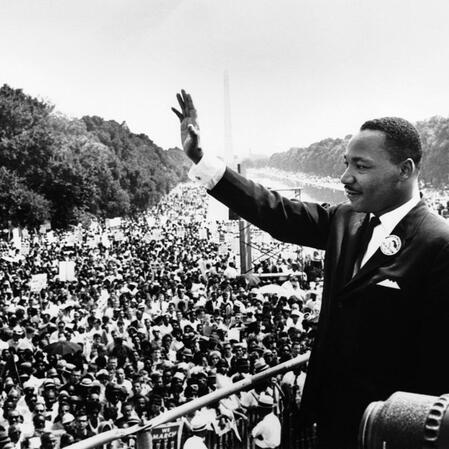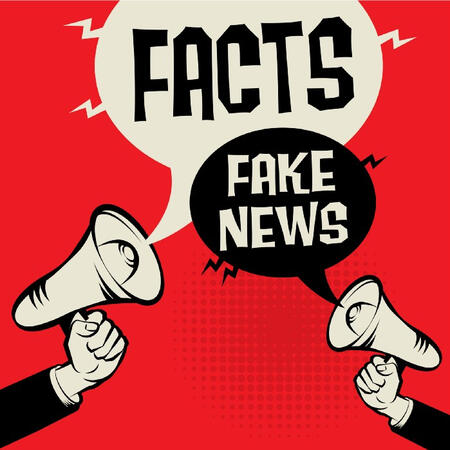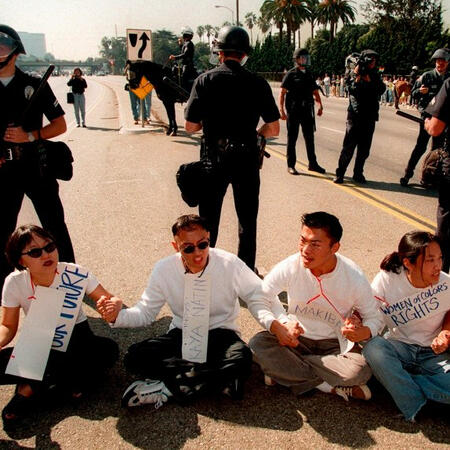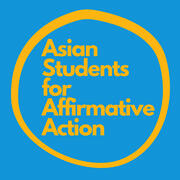
ASIAN STUDENTS FOR AFFIRMATIVE ACTION
We stand with Black Lives Matter. We fight for racial justice and opportunity for all. Vote #YesOnProp16!
background
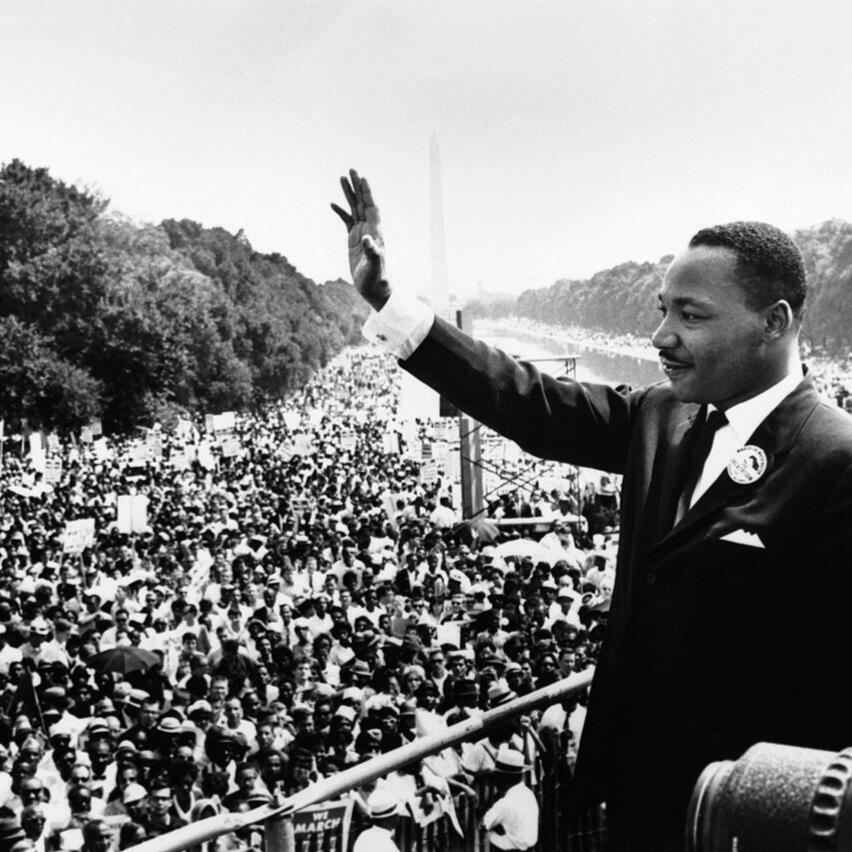
Affirmative action describes any policy aimed at improving educational and employment opportunities for minorities and groups that have been historically discriminated against. It was born out of the Civil Rights Movement and was first created by President John F. Kennedy when he signed Executive Order 10925 in 1961. President Lyndon B. Johnson subsequently expanded the scope of affirmative action with Executive Order 11246.
Why We need Affirmative action

The murders of George Floyd, Breonna Taylor, Ahmaud Arbery, and Andres Guardado have shown us that racism is still robbing women and people of color of opportunities to live life to their full potential. We can’t continue to pretend that race and gender don’t matter. In the last four years, we’ve seen the White House put kids in cages, white supremacists march down our streets, and people senselessly shot because of what they look like.
Some ignorantly believe that discrimination doesn’t exist, but Californians know all too well that simply isn't true. Prop 16 is an important solution to addressing discrimination in our communities and bringing us closer to a more just and equitable society.
Fact Check
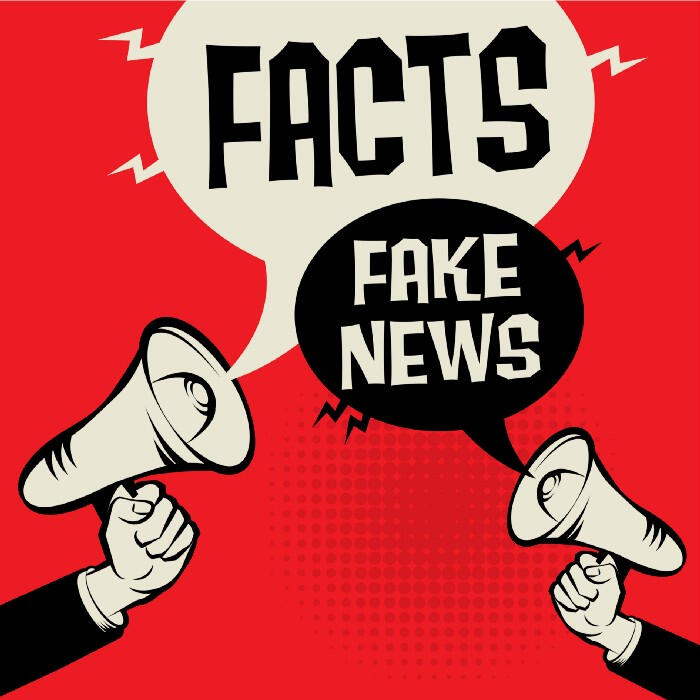
MYTH: Prop 16 will create racial quotas.
FACT: Quotas have been banned since 1978, and they will never be brought back. Prop 16 simply allows for the minor and narrowly tailored use of race and gender as one of many factors within a comprehensive review. Furthermore, race can never and will never be a determining factor in anyone's admissions, contracting, or hiring decision. As an example, the UC currently utilizes 14 criteria including academic performance, extracurriculars, special talents, and special circumstances. Prop 16 would allow race and gender to become a non-determinative and optional subset of one of these criterion in a similar way geography, socioeconomic status, or first-generation status are sometimes taken into account today.
MYTH: We need to focus on class and socioeconomic status instead of race and gender.
FACT: Socioeconomic status and class are already considered today! They sound like wonderful gender-neutral and race-neutral alternatives, but research from UCLA's Civil Rights Project and UC Berkeley's David Card suggests they are not effective enough at closing opportunity and equity gaps. It is also important to keep in mind that systemic racism still exists independently of class discrimination. And for low-income people of color, that discrimination compounds.
MYTH: Prop 16 will cut AAPI enrollment at the UC.
FACT: Nope! At every great public university that practices affirmative action, including the University of Texas at Austin, the University of North Carolina - Chapel Hill, and the University of Virginia, AAPI students remain well represented, well above their proportion of the population. In reality, affirmative action helps AAPI students, allows for effective outreach and retention, and helps make our schools better places to learn. The idea that Asian American admissions would decline because of affirmative action is a complete lie.
MYTH: Ivy League schools discriminate against AAPIs. AAPIs do not benefit from affirmative action.
FACT: A nine-year Department of Justice investigation at Princeton University that concluded in 2015 found no evidence of anti-Asian discrimination there. In fact, it found many AAPIs benefitted from race-conscious admissions. And in October 2019, a federal judge ruled that Harvard does not discriminate against AAPIs. Furthermore, a report from David Card, a professor at UC Berkeley, debunked the notion that Harvard discriminated against AAPIs using personal scores. Additionally, the Trump-led Department of Justice’s accusation that Yale discriminates against Asian Americans is likely a rushed political ploy that reuses many of the arguments used previously in the Harvard case.
MYTH: AAPIs don't benefit from affirmative action policies in
FACT: AAPIs benefit significantly from the affirmative action programs. Right now, AAPIs are underrepresented in many areas including media, the law higher education, public employment, and public contracting. And where affirmative action programs are available, they have helped many AAPIs with equal opportunity in such areas.
MYTH: Prop 209 helped underrepresented minorities because they were “mismatched.”
FACT: Mismatch theory should be put to rest. There’s a large body of scientific evidence that shows no link between affirmative action and lower graduation rates. In fact, there are several studies that show qualified students of color do better at more selective schools.
Furthermore, a groundbreaking UC Berkeley study by Zachary Bleemer that analyzed anonymous data of UC applicants determined that Prop 209 had a direct and negative effect on the enrollment of African American, Native American, and Latinx students. Bleemer also analyzed the outcomes of these students who did not enroll in the UC and found that they did not enter STEM fields nor graduate in the percentages that they would have if they had entered the UC.
MYTH: Dr. King opposed affirmative action.
FACT: A comprehensive reading of Dr. King’s works indicate that he supported race-conscious programs that uplift people of color. What’s more is that his family opposed California’s affirmative action ban in 1996. And his family supports that ban’s repeal today.
Dr. King’s daughter, Dr. Bernice A King, is one of the many civil rights leaders who supports Prop 16. She stands with a long list of civil rights organizations who also support Prop 16.
MYTH: Americans oppose affirmative action.
FACT: A lot depends on survey design and question framing, but a lot of data suggests a majority of Asian Americans and Americans broadly support affirmative action. According to the 2020 National Asian American Survey, 70% of Asian Americans support affirmative action. In fact, a majority of Asian American voters opposed the affirmative action ban in 1996. Furthermore, affirmative action is practiced in 41 states, the federal government, and private institutions.
MYTH: Prop 16 will legalize discrimination.
FACT: Prop 209 was deceptively written using "civil rights language” to masquerade as an anti-discrimination measure, but racial and gender discrimination was already illegal in 1996. Prop 209’s anti-discrimination clause is superfluous and deceptive, which is why Prop 209 was supported by the KKK and David Duke. Prop 209 was opposed by Rosa Parks, Dr. King's family, and every major civil rights group. Prop 209 was wrong then and it is still wrong now. Prop 16 repeals Prop 209 and makes thing right.
The Takeaway
Prop 16 would allow the state to reinstate affirmative action programs, address systemic racism, increase access to jobs and education to qualified applicants, and extend opportunity to all Californians. Join the ACLU, Asian Americans Advancing Justice, Chinese for Affirmative Action, Empowering Pacific Islander Communities, Japanese American Citizens League, Korean Resource Center, South Asian Americans Leading Together, the South East Asia Resource Action Center and us in supporting Prop 16!
If you want to learn more, check out some of these webinars below.
Who We are
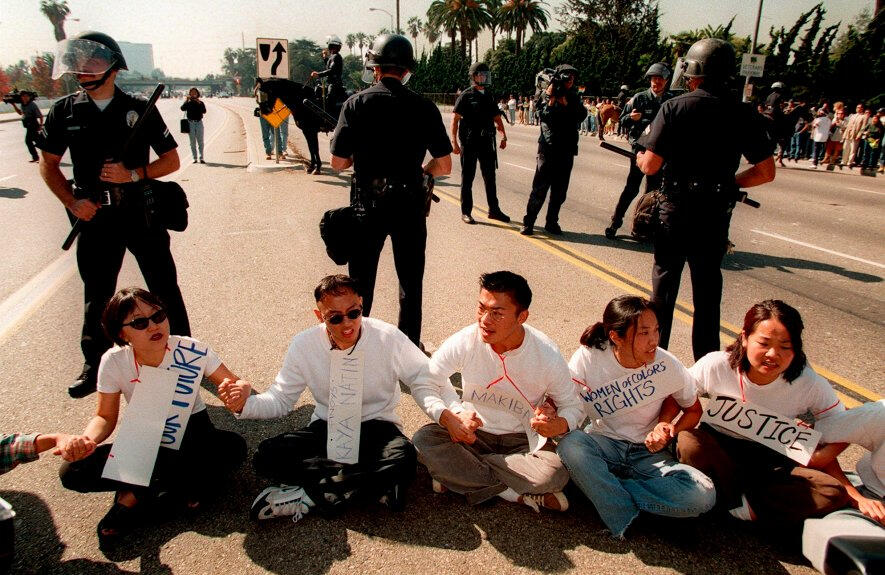
We're a group of AAPI students in high school, undergrad, and grad school. We continue the legacy of AAPI students who fought against Proposition 209, like those pictured above, and we're proud to continue their fight today.
We're joined by a long list of student organizations and AAPI student groups who support Proposition 16 including but not limited to the University of California Student Association, the Cal State Student Association, all nine UC undergraduate student governments, UCLA Asian Pacific Coalition, UCLA Association of Indonesian Americans, UCLA Pacific Islands' Student Association, UCLA Samahang Pilipino, UCLA United Khmer Students, UCLA Vietnamese Student Union, and UCSD Asian Pacific Student Association.
